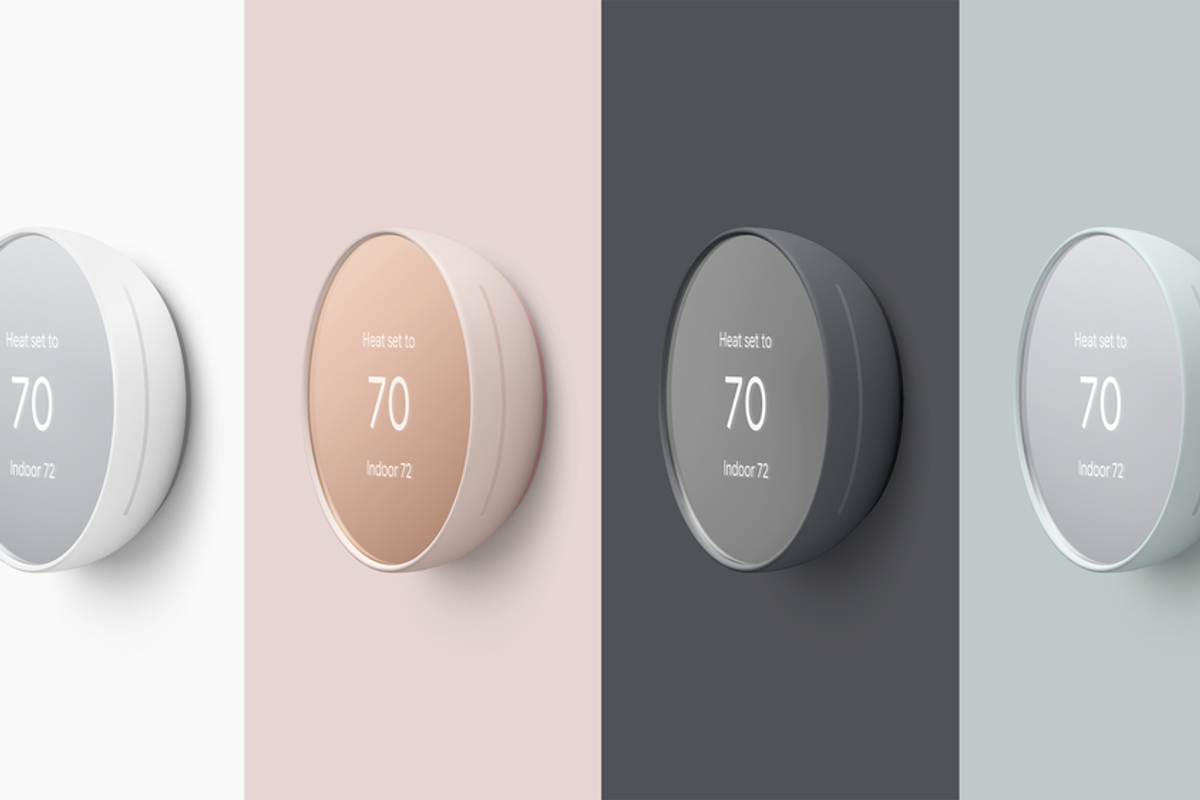
Google
Your Nest thermostat just got a free new HVAC-monitoring feature
New HVAC monitoring function will alert you to heating and cooling products

New HVAC monitoring function will alert you to heating and cooling products
The latest Nest Thermostat went on sale at the end of October, featuring a new system for proactively monitoring your heating and cooling (HVAC) system for potential problems.
As a welcome gesture to owners of older Nest thermostats, including the Nest E and the Nest Learning Thermostat, Google is bringing HVAC monitoring to all models of Nest. It will initially come to Nest owners in the US and Canada, and is free.
Read More:
Google Nest Thermostat - Smart Thermostat for Home - Programmable Wifi Thermostat - Snow
At its simplest, the new function sends an alert to your Google Home app (and via email) when it detects a potential fault with your home's heating and cooling system. The system is smart enough to tell the difference between different issues, and also understands their severity.
If your house stays cold despite the heating being switched on, the Nest Thermostat recognizes this as a major fault that requires immediate attention, especially as colder weather starts to set in. However, if a smaller fault is detected, such as the heating or cooling switching on and off multiple times when it isn't scheduled to do so, or if it is acting inefficiently, you will be advised to take a look.

The thermostat uses algorithms developed by Google over the last two years to work out what's going one with your HVAC system. Google says non-urgent issues will be monitored before you are alerted, to make sure the thermostat has enough evidence of the potential fault first.
Google explains how Nest thermostats used to work in isolation, using only data from their own HVAC system to determine how best to work. But now Google uses cloud computing and anonymized data from other Nest devices to build a clearer picture of how heating and cooling systems should perform in the home.
Nest software engineer Ramya Bhagavatula said: "We used to run a lot of algorithms on the device...Now, with cloud computing, we can aggregate data anonymously from Nest thermostats to inform what sort of actions we take and what we can suggest to owners. This helps inform features like Savings Finder and HVAC monitoring."HVAC system compatibility
Here's what Google says regarding compatibility: "HVAC monitoring is currently available for forced air HVAC systems, which use vents to move air through your house. Radiant systems, which have radiator or in-floor heating, are not eligible for HVAC monitoring at this time."
Check out The GearBrain, our smart home compatibility checker to see the other compatible products that work with Google Assistant enabled devices.
How to Install Nest Smart Thermostatwww.youtube.com
GearBrain Compatibility Find Engine
A pioneering recommendation platform where you can research,
discover, buy, and learn how to connect and optimize smart devices.
Join our community! Ask and answer questions about smart devices and save yours in My Gear.
